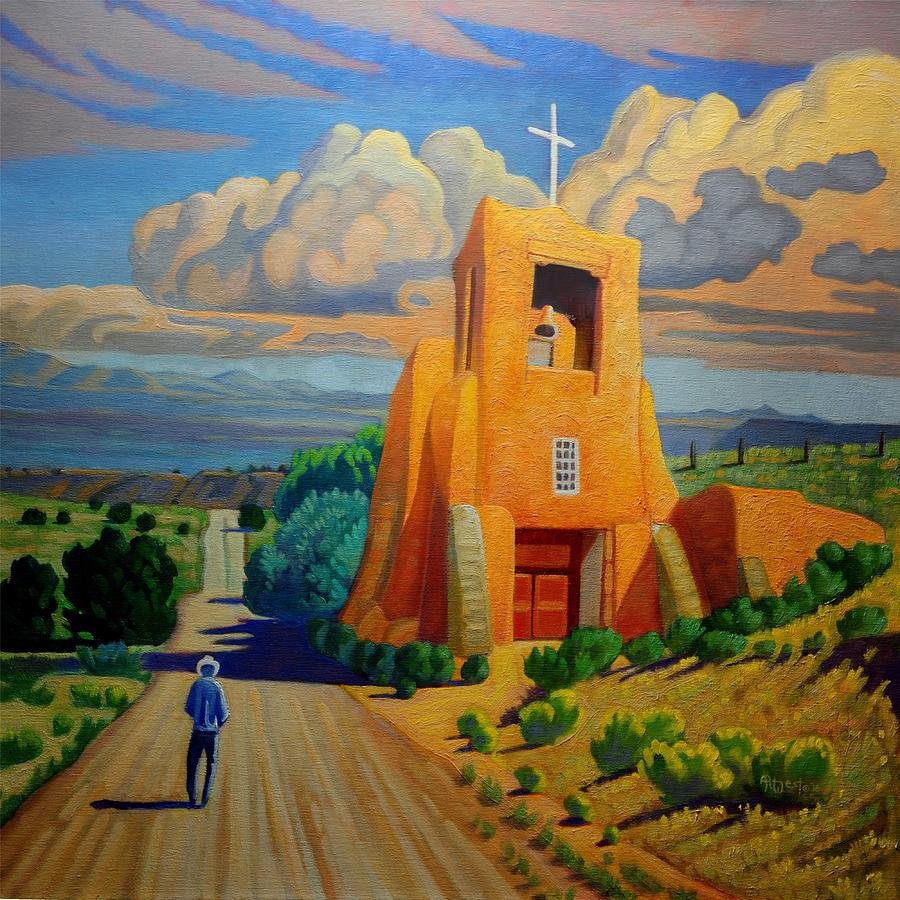A Brief Memoir of Gratitude
If pressed, most of us can identify a handful of watershed moments that have shaped our lives. In late November we boomers can recall with remarkable detail the day of John Kennedy’s assassination, even though many of us were in grade school.
But more typically these moments tend to be ordinary, but crucial, life events common to us all. “Rubicon moments:” a birth and a death; a wedding and a divorce; a hiring and a firing; a campfire conversion; an answer to an altar call; a moment of intense enlightenment and bitter disillusionment; graduations and professional mileposts; a word from the doctor that changes everything; and, more recently, an election result or two that challenges basic assumptions we’ve organized our lives around.
On Thanksgiving each year, I recall one of these watersheds in my own journey.
I don’t recall any particulars: a precipitating experience or emotion or event. I do remember sitting on the little concrete porch of the St. Paul parsonage on Durwood Street in Little Rock and making a decision. I decided to be grateful.
Gratitude does not come naturally to many, certainly not to me. The cultivation of gratitude is not a simple or easy task. It requires us to shuck a lot of easily acquired and carried inclinations, and giving up resentment, grievance and envy are lifelong Herculean tasks for most of us. That shit has been a constant companion. And, as we are seeing, can be fairly easily exploited by the soulless and the shameless on their march to power. As far as I know, it has never been otherwise.
Yet, almost miraculously, gratitude displaces and eventually eviscerates the worst parts of us - the things that hobble us and divide us and leave us helpless to face significant challenges as individuals and a society.
The absence of gratitude can drive us to, and keep us, in darkness. Its presence may save us.

